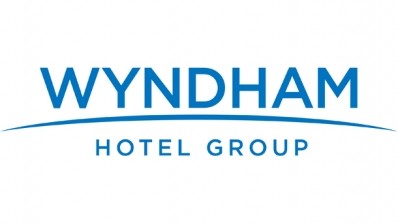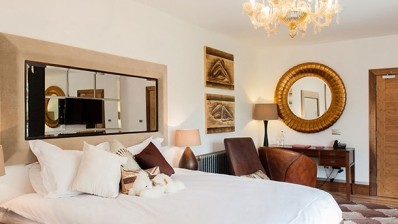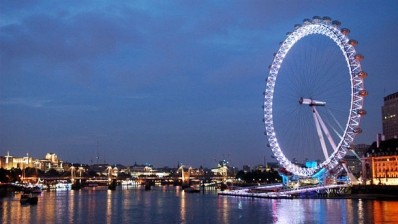Bankers tell hoteliers how to get their support

The general prognosis is positive: the hotel sector is doing well, and banks are back on the market. But the situation definitely varies according to what type of asset borrowers want money for, and where it is located.
Regional differences
Huw Zachariah, senior corporate banking manager, hotels at HSBC, said: “We’re very selective and not ashamed of that, but there are opportunities for the right customers. We do as much as we can but we need to be sensible. For example, it’s more difficult to get a regional deal through the credit course than a London deal.”
But for Tony Burnell, relationship director, mid-markets at Lloyds Commercial Banking, the recovery of regional hotels is making them more and more attractive to banks: “Three or four years ago when regional hotels had lost a lot on profitability, the potential to go into the market was low for banks. But we’ve done significant hotel transactions every year throughout the recession. It comes down to the basics: cash flow generation and management.”
However, he did admit that the majority of transactions he takes care of for Lloyds are in central London, adding that it means less development finance than acquisition loans. There were other reasons leading Lloyds to limit its involvement in hotel development.
“The visibility on cash is often two or three years away in that market, and demand often comes from people outside the hotel sector, whereas we need to be confident that the owners and operators have the experience to do it.”
Loan terms
In terms of loan-to-value calculations, Burnell said the consistent message was to use multiples of EBITDA as a benchmark. “As a rule of thumb, we’re comfortable with seven times EBITDA in central London; five times in the regions.”
For Zachariah at HSBC, the maximum loan to value would typically be 65 per cent in London and 50-55 per cent in the regions. And when it comes to initial terms, he explained that the bank doesn’t like to do long-term loans. “It means our pricing will never be too far away from current market.”
At Lloyds Burnell said the bank was comfortable with an initial term of five years.
How to get a bank to fund your hotel
Meanwhile Tim Helliwell, head of hotel finance at Barclays, gave a list of recommendations to make a hotel finance application as compelling as possible for a bank lender. These included:
- Make sure you have equity backing: “The first question you’re always going to get from a lender is: has equity backed you in the first place? Traditionally transactions are structured in a 60 per cent debt 40 per cent cash equity ratio. If you haven’t got it or if it’s not secured, at best when you approach a lender you are going to get polite interest.”
- Foster multiple banking relationships: “When you are approaching lenders, it doesn’t start with your business plans; it starts with you as a borrower. The The best borrowers that I’ve come across are those who have fostered multiple borrowing relationships. It means that you don’t cut yourself off by having only one longstanding relationship with a bank.”
- Go to the right place: “If you’re looking at a £20-30m loan you’re typically part of the larger corporate part of a national bank. It’s not correct to approach the smaller business team where you might already have a relationship because that type of proposition can’t be housed in that particular area.”
- Be bank market-aware: “[The hotel sector is] a very specific market. Certain lenders like development finance; certain lenders don’t. Some lenders are very localised; some are comfortable lending in London but not provincially… You need to be absolutely clear that the lenders you’re approaching fit the right category for what you’re looking to discuss.”
- Make your business plan concise: “Within 15 minutes, a lender should be able to give you a first impression on whether it’s a maybe or a no.”
- Be bank-focused: “We often get what I would define as the equity approach. You need to turn your business plan into a bank-focused approach. It needs to be very asset-aware and cash flow-focused. Overlaying the debt component onto your cash flow analysis is absolutely key.”
















